Election Observation Mission
In October 25th, 2015 the people of Colombia celebrated mixed elections in which were elected nationwide governors of the 32 departments, deputies, mayors of municipalities, municipal councilors, and aldermen on local administrative boards. Up to that date, the Civil National Registry had officially admitted 111.707 candidates for 18.369 public offices. According to the MOE, the number of registered candidates showed an increase of almost 10% compared to the 2011 elections. For these elections, the CNR deployed 10,831 polling stations throughout the country.
The electoral observation of AFDES, in cooperation with MOE Colombia, was prepared to observe regional, municipal and local elections with the purpose of detailing the elements of democratic stability and institutional functioning. Likewise, the deployment of international observers in cooperation with the accredited bodies for this function reflected quantifiable socio-political realities that provided fundamental data for the subsequent electoral analysis.
Bogota, Colombia 25, October 2015 Election Observation Mission MOE-AFDES
Analysis subject
Colombia a context of
challenges
Considering variables such as election financing, the risk of fraud and/or violence, participation rate, election law, and public opinion, a comparative method was developed to measure, analyze, and evaluate the electoral phenomenon in a highly polarized political environment with a country plunged in institutional crisis.
Deployed in the capital of Colombia, Bogota, the mission visited different constituencies and locations aiming to establish a correspondence between the electoral law and voting conditions as well as the institutional functioning at the voting centers and neighborhood-based precincts used for an analogous purpose. Touching base with different social strata, communities, and organizations, and following our research methodology, AFDES collected information about the subjective perceptions on the current and future situation establishing and evaluating the degree of accuracy between socio-political variables and the electoral outcome.
Given the complexity of the preferential voting system and CNE legitimacy levels, AFDES evaluated the time for election results and antifraud control methods.





